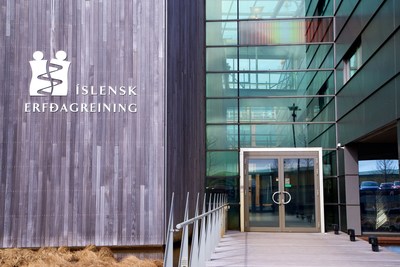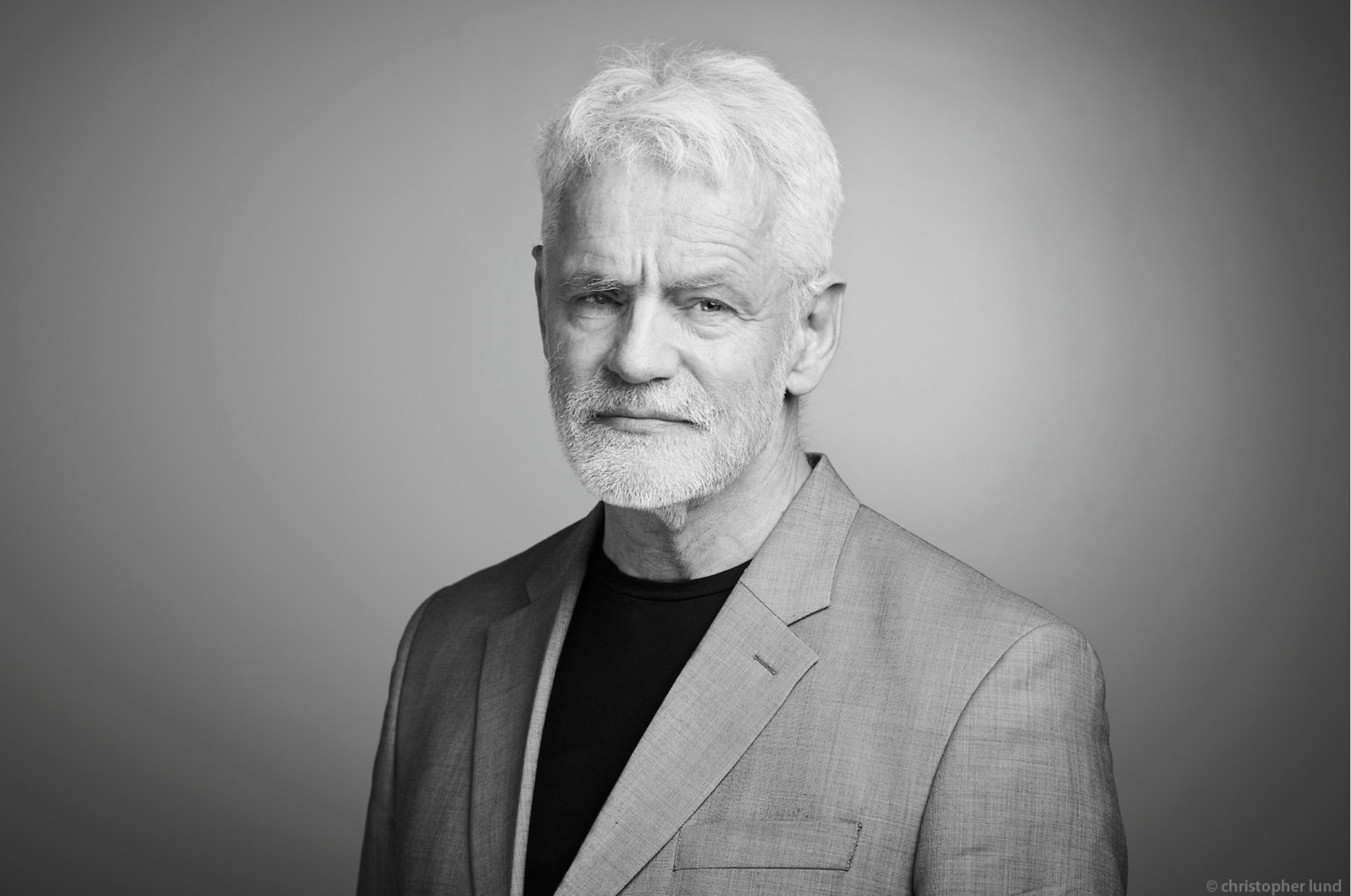

The first wave of infections to hit the country was linked primarily to strains that came in with travelers returning from Italy and Austria. In the combined open invitation and random screening efforts, 43 of the 100 positive test results were in individuals who reported no symptoms at the time they were tested, and the remaining positive tests were in people with mild cold-like symptoms, such as cough and runny nose.ĭeCODE’s sequencing of the virus showed that there were a variety of haplotypes, or strains of SARS-CoV-2, present in Iceland. In random screening conducted from April 1 to April 4, 13 of 2,283 people screened (0.6%) tested positive. Of the 10,797 volunteers tested by deCODE in the open invitation screening, 87 individuals (0.8%) tested positive. Women were less likely than men to test positive (11% versus 16.7%), and children under 10 were at also lower risk for infection (6.7%). Results from the NEJM study showed that, as of April 4, 13.3% of the 9,199 high-risk individuals screened by NUHI tested positive for the virus. “We have been working 24/7 to screen for and sequence the virus.” Detecting Hidden Infections of SARS-CoV-2 “We have substantial experience in dealing with population data, and that turns out to be valuable when it comes to screening for a virus like COVID-19,” said Kári.

Starting on April 1, deCODE augmented its open screening program by inviting randomly selected Icelanders between age 20 and 70 to be screened.

While the National University Hospital of Iceland (NUHI) continued to test individuals with symptoms, a history of travel to high-risk areas, or contact with infected individuals, deCODE issued an open invitation to the general public to volunteer for screening. In partnership with Iceland’s health care authorities, deCODE quickly repurposed its scientific talent and resources to do up to a thousand or more SARS-CoV-2 tests daily. “Stopping the spread of COVID-19 is the biggest challenge the world has faced in decades, so there’s no better use right now for deCODE’s world-class analytic and sequencing capabilities.” “When Kári conceived this idea in early March, we assured him that we would provide the resources and support necessary to move quickly,” said Dave Reese, executive vice president, R&D. But deCODE has the resources, so we have looked at this as our civic duty to do this testing.” “There are not a lot of resources in the country to do work like this. “We are a very small country with a population of 360,000,” he observed.

But to really understand the virus-how lethal it is and how many of those infected get serious illness-it’s important to gauge the true prevalence of infection in the general population.Īs the pandemic reached Iceland, Kári Stefánsson, the CEO and founder of deCODE, saw an opportunity to apply deCODE’s scientific expertise to this challenge. In the worldwide battle against COVD-19, health authorities have generally focused their testing resources on people with symptoms of infection, such as fever, dry cough, and difficulty breathing. The results, published in the New England Journal of Medicine (NEJM) on April 14, underscore the effectiveness and necessity of aggressive testing, isolation of cases, and physical distancing, as well as the urgency of more testing to contain the virus and prevent disease. To go deeper, deCODE also sequenced viral samples taken from 643 individuals to identify distinct strains of the virus and learn how it arrived in Iceland and spread and mutated after its arrival. Conducted in collaboration with Iceland’s health authorities, the study is one of few published so far to test both high-risk individuals and people with no known risk factors to assess the true prevalence of SARS-CoV-2 infections. How common is it for people to be infected with the SARS-CoV-2 virus but have no symptoms at all or only mild cold-like symptoms? How does the virus spread once it enters a region, and how quickly does it acquire new mutations?Ī new study from deCODE Genetics, a subsidiary of Amgen, is providing the world with hard data that will help to answer these questions.


 0 kommentar(er)
0 kommentar(er)
